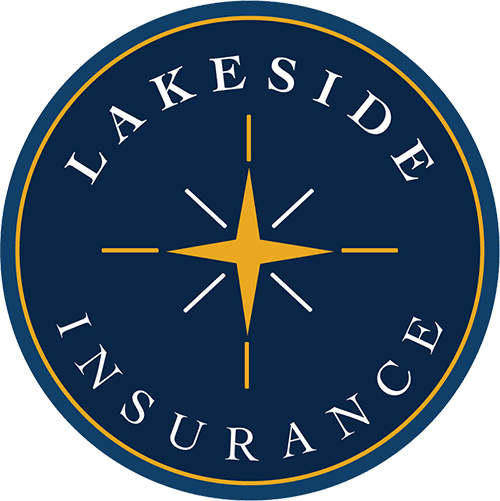
In August 2023, the National Labor Relations Board (NLRB) issued a decision in the Stericycle case. The decision established that if an employer work rule can be “reasonably interpreted” to restrict employees’ Section 7 activities, it is unlawful. Section 7 rights allow employees to collectively engage in activities for worker protection, benefits, higher pay, and the like.
The Stericycle decision overturned the NLRB’s 2017 decision in Boeing . To arrive at its decision in Boeing , the NLRB used a balancing test to scrutinize employer rules that seemed “neutral” on their face. These rules included employee handbook provisions. In overturning Boeing, the Stericycle decision reverted the employer-rule evaluation process to the NLRB’s 2004 decision in Lutheran Heritage, but with an employee-friendly spin.
The new standard
Effective immediately, the NLRB will evaluate employer rules by determining whether the rule or policy has a “reasonable tendency to chill employees from exercising their Section 7 rights.” If so, it could constitute an unfair labor practice in violation of the National Labor Relations Act (NLRA). This standard is similar to the evaluation process established by Lutheran Heritage, but with some finer points offering further employee protections:
- The NLRB will now interpret rules and provisions with the view that the employee is economically dependent on the employer and in a vulnerable position relative to their employer.
- Rules may not be written in such a way that an employee would “reasonably interpret” them to restrict their Section 7 rights.
- Rules and provisions must be narrowly tailored to advance a legitimate and substantial business interest.
- If an employer rule or provision doesn’t meet these requirements, the NLRB will consider it invalid. The employer will then have the chance to defend its rule, and show that it does not chill Section 7 employee rights.
Note that the new standard as delineated in Stericycle is retroactive, meaning it applies to employer rules and handbook provisions that were written and applied even before August 2023.
What this means for you
While the NLRB generally exists to protect union-related and other concerted activities, its decisions also apply to businesses that do not employ union workers or operate in union-friendly states. Therefore, you must scrutinize your employee-facing rules, including your employee handbook, under the same standard the NLRB would.
Carefully consider whether an employee could reasonably interpret any of your rules as discouraging their right to:
- Speak to former or current employees
- Advocate for themselves
- Share their experiences
- Hire counsel
- Engage in other activities protected by the NLRA
Remember that you must narrowly tailor your employee-facing rules to achieve a legitimate business purpose.
Questions? We’re here to help
Having well-vetted employer rules and a legally sound employee handbook is crucial to protecting your organization. Want to make sure you’re in compliance with all relevant rules and regulations? We’re here to help. Reach out to us (and/or your legal counsel) for more information.




